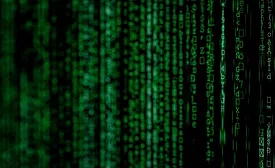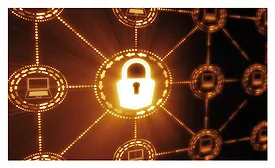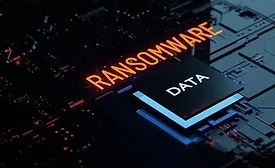Home » risk management
Articles Tagged with ''risk management''
Education & Training
Derailing ransomware 2.0 requires a little trickery
September 16, 2020
Sign-up to receive top management & result-driven techniques in the industry.
Join over 20,000+ industry leaders who receive our premium content.
SIGN UP TODAY!Copyright ©2026. All Rights Reserved BNP Media.
Design, CMS, Hosting & Web Development :: ePublishing













